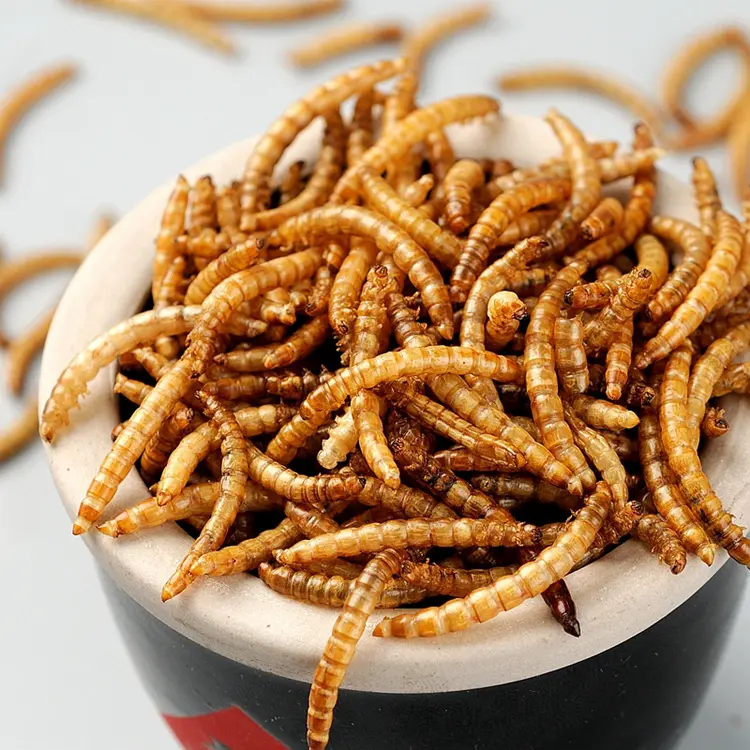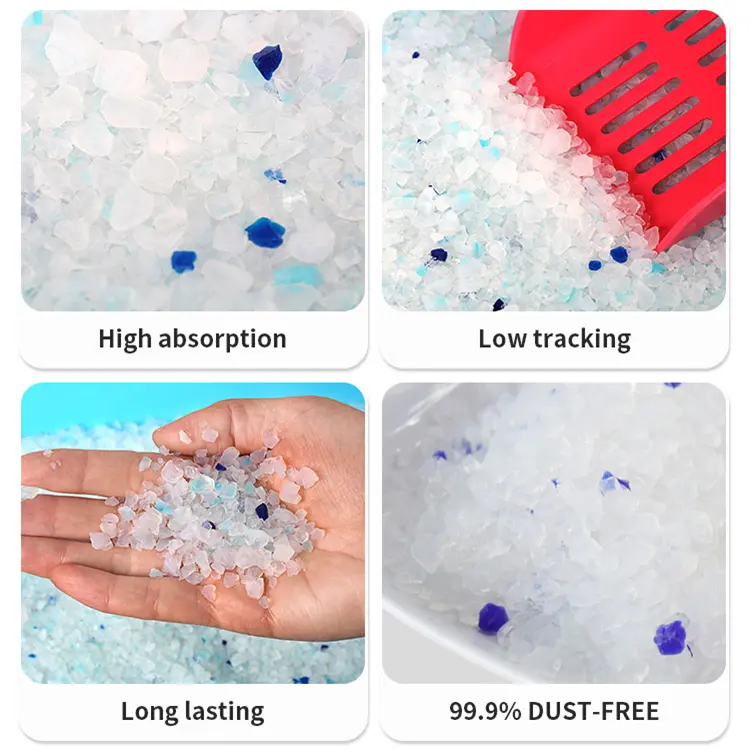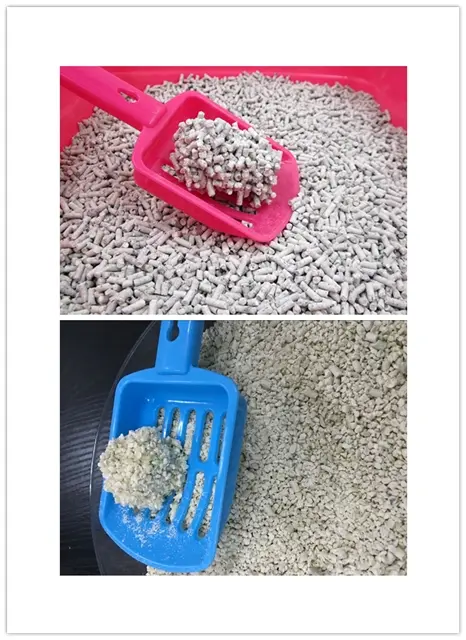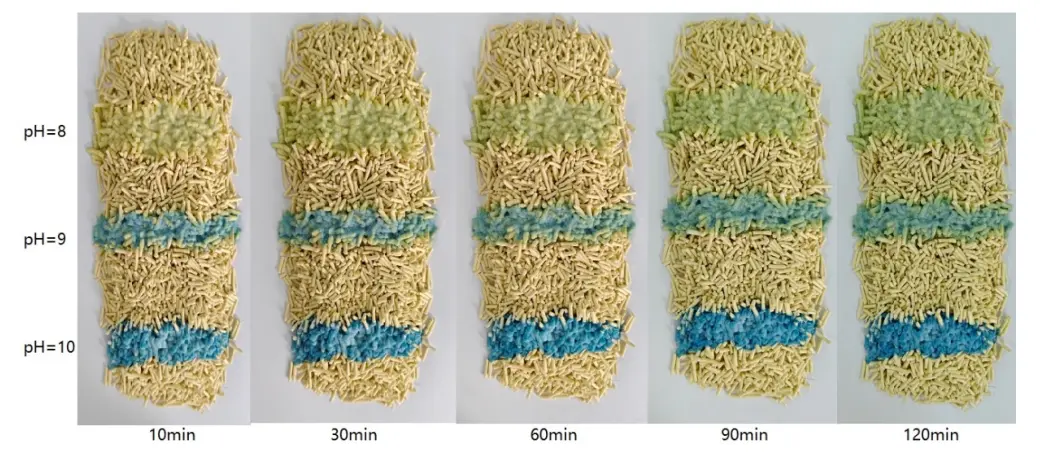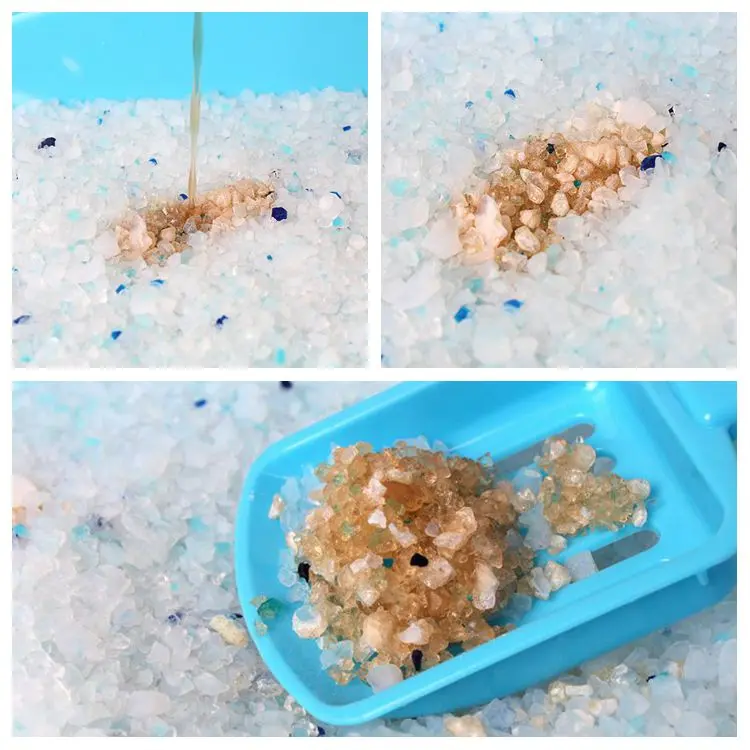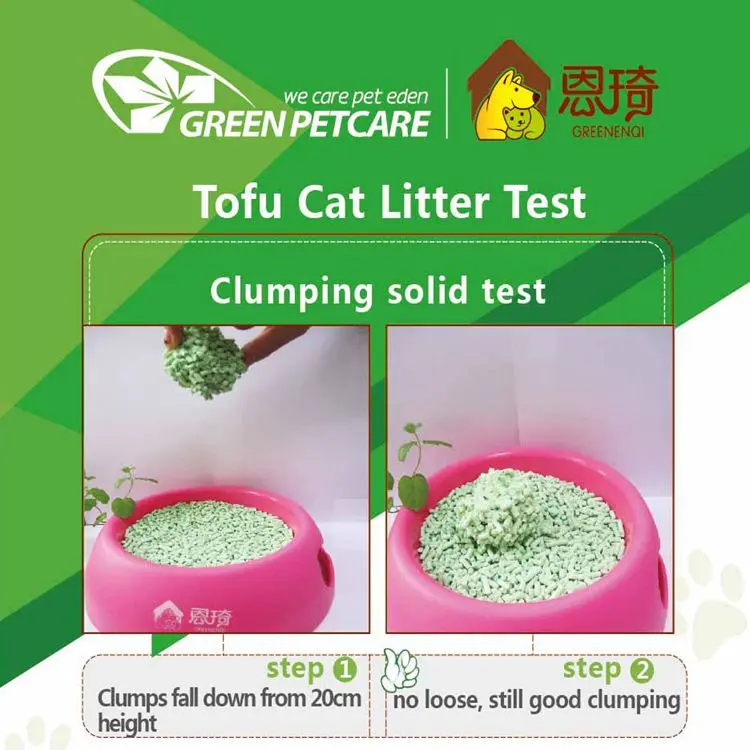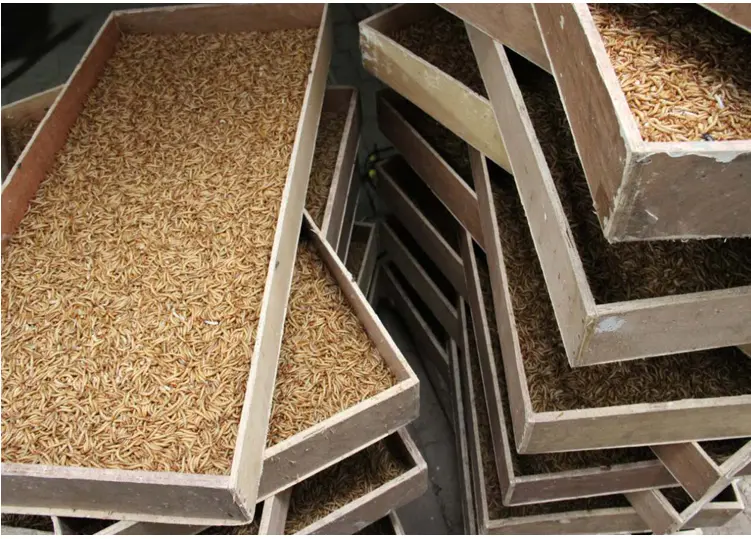what can parakeets eat besides bird food
Parakeets, with their vibrant plumage and cheerful dispositions, make wonderful pets that thrive on a balanced and varied diet. While commercial bird food is an essential part of their nourishment, there's a whole world of nutritious and delicious treats that can enrich your parakeet's meals beyond the basics. Here are some exciting options you can consider:
1. Microwave-Dried Mealworms
Mealworms are a fantastic source of high-quality protein, essential for your parakeet's growth, feather maintenance, and overall vitality. Microwave-dried mealworms retain their nutritional value while becoming convenient and easy to store. Offer them as an occasional treat or a protein-packed snack to supplement your parakeet's regular diet. They're ideal for promoting healthy weight gain and muscle development.

2. Fresh Fruits and Vegetables
Parakeets love to nibble on fresh fruits and vegetables, which provide essential vitamins, minerals, and fiber. Fruits like apples (remove seeds and core), bananas, and berries can be cut into small pieces and offered as treats. Vegetables such as carrots, broccoli, and spinach are also excellent choices, packed with nutrients that support your bird's immune system and digestion.
3. Sprouted Seeds and Grains
Sprouted seeds and grains are a nutritional powerhouse, offering increased levels of vitamins, minerals, and enzymes compared to their unsprouted counterparts. These can be easily grown at home using a variety of seeds like wheat, barley, and alfalfa. Offer them as a nutritious snack or incorporate them into your parakeet's regular diet for an extra boost of health benefits.
4. Healthy Fats
Healthy fats are essential for your parakeet's skin, feather condition, and overall well-being. Small amounts of nuts like almonds and walnuts (without salt or additives) can be offered as treats, but be mindful of portion sizes as they are high in calories. Alternatively, you can offer sunflower seeds or flaxseeds, which are rich in Omega-3 fatty acids and beneficial for heart health.
5. Mealworm-Based Products
As mentioned earlier, mealworms can be transformed into various products that can enrich your parakeet's diet. Mealworm powder, for instance, can be used as a food additive, adding extra protein and nutrients to your bird's meals. It can also be incorporated into baking recipes, such as homemade bird treats or even some human desserts (though of course, you wouldn't share those with your parakeet).

6. Natural Supplements
Consider supplementing your parakeet's diet with natural sources of vitamins and minerals. Calcium-rich foods like cuttlefish bone or eggshell powder can help maintain strong bones and beaks. Additionally, a small amount of bee pollen or propolis can be offered as a boost to the immune system, but always consult with your veterinarian before introducing any new supplements.
Remember, while these treats and supplements can enhance your parakeet's diet, they should never replace commercial bird food as the primary source of nutrition. Always ensure your bird is receiving a balanced diet that meets all its nutritional needs. With a little creativity and care, you can provide your parakeet with a wide array of delicious and nutritious options beyond traditional bird food.
